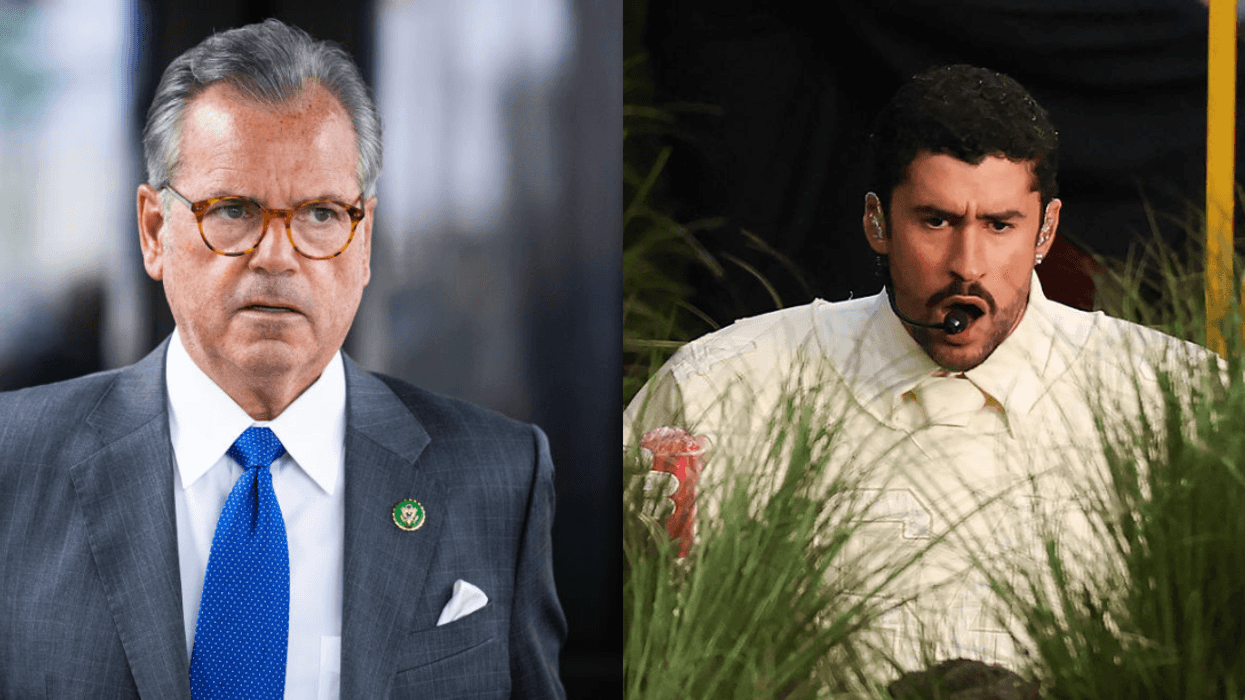The 1999 independent horror film The Blair Witch Project gripped audiences in fear and revitalized the genre with its realistic found footage narrative, making it an instant blockbuster phenomenon.
However, the three actors who starred in it, Heather Donahue, Michael C. Williams and Joshua Leonard, called out Lionsgate Films for "reprehensible behavior" after missing out on profits for decades even though the film became the 29th most profitable horror film and one of the most successful independent films of all time.
The film grossed nearly $250 million worldwide against a starting budget of $35,000.
The Blair Witch Project centered on three student filmmakers who go missing while setting out into the woods in Burkittsville, Maryland, to research and produce a documentary about the mythical Blair Witch. The three stars of the film improvised the entire movie and doubled as camera crew to film each other during production.
Production company Haxan films, co-founded by five University of Central Florida Film Program graduates, produced The Blair Witch Project. Two of Haxan's founders, Daniel Myrick and Eduardo Sánchez, were the creators, writers, and directors of the film.
The actors remember being presented with a one-and-a-half-page deal memo they took a casual glance over and signed.
One prominent detail was a clause stating they would be entitled to “a one percent (1%) participation in profits in excess of $1,000,000" should the film cross the $1 million gross threshold.
“We just thought, ‘Wouldn’t that be ridiculous?’” recalled Williams, completely unaware of the film's future success story.
Another detail the actors at the time didn't give much thought to was Haxan telling them the company had the right to use their real names in the movie “for the purpose of this film,” rather than generic ones because it would make the premise that much more authentic.
According to Variety, the actors were told the footage they would be shooting would comprise mostly 10 minutes of a fictional documentary about their mysterious disappearances tied to their investigation into the local legend known as the Blair Witch.
Nonchalantly agreeing to usage of their names would inevitably become a major point of contention for the actors, who at the time of signing onto the project were just starting out in the business and eager to accept the conditions.
A year later, the filmmakers informed the actors they changed course and turned the 10 minute documentary they had improvised in and filmed into a full blown film.
Variety noted:
"Yet when 'The Blair Witch Project' got into Sundance, the actors paid for their own travel and lodging."
"The Haxan team did put the cast up at the lodge they’d rented for the final two days of the festival."
"But the actors say no one from Artisan met with them at Sundance or reached out to them in the months that followed."
"When Donahue went to the studio’s New York office to try to talk to executives, she was sent away with some swag."
During filming, Myrick and Sánchez led the actors along to improvise scenes and instructed them on where to go through clues left for them inside various props.
The directors also amplified tension by terrorizing the actors at night and often deprived them of food.
The military training-inspired tactic seemed to pay off as the actors convincingly gave authentic performances drawn from their heightened paranoia.
Artisan Entertainment bought the film's distribution rights for $1.1 million following its midnight premiere on January 23, 1999 at the Sundance Film Festival.
To maintain the illusion of its promotional marketing campaign listing Donahue, Williams, and Leonard as either "missing" or "deceased," the actors were prohibited from talking about the film before its wide-release on July 30, 1999.
When the film broke $100 million at the domestic box office, the actors realized their undervalued worth when Artisan gifted each of them a fruit basket as a token of appreciation.
“That was when it became clear that, wow, we were not going to get anything,” Donahue recalled, adding:
“We were being cut out of something that we were intimately involved with creating.”
The actors said they never felt respected for being integral participants as actors and camera crew. Instead, they were subjected to years of online abuse, ridicule, lawsuits, and challenges in getting cast on other projects due to their identities tied to The Blair Witch Project.
When Lionsgate—which acquired Artisan Entertainment in December 2003—announced at CinemaCon in April they were teaming up with horror hitmaker Blumhouse to reboot The Blair Witch Project to “reintroduce this horror classic for a new generation," according to studio chief Adam Fogelson, it was another blow to the actors.
They were never informed of Lionsgate's announcement and that their faces would be used online to reinvigorate hype for the horror film that spawned a media franchise including two sequels, novels, video games, and comic books.
Donahue said she was "actually looking forward to the 25th anniversary" but her enthusiasm gave way to disappointment.
“We had booked a couple of conventions. It’s nice to hear nice things from the fans and see the guys. It was feeling very sweet for the first time in the whole history of this thing," she said, adding:
"And then—boom—comes this announcement, and it’s like, motherf'kers.”
The actors wrote an open letter to Lionsgate on April 20 requesting “meaningful consultation” on any future “Blair Witch”-related projects that would use their names and faces.
They also requested retroactive royalties and future residual checks for the movie “equivalent to the sum that would’ve been allotted through SAG/AFTRA, had we had proper union or legal representation when the film was made.”
Here is a screenshot of the open letter.
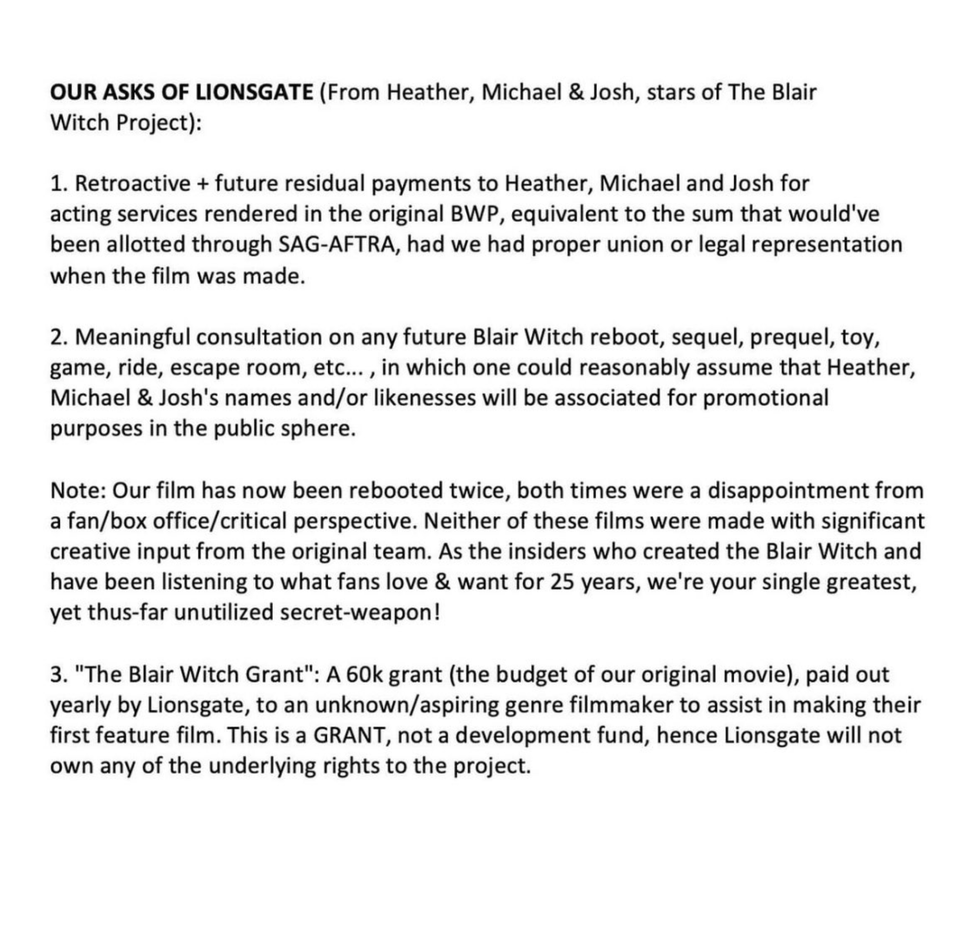
A SAG/AFTRA representative working with the actors said the union has been in communication with Lionsgate and that they are:
“hopeful that the performers will achieve some compensation, but when there is no union contract covering the production, the actors and the union are generally limited to appealing to fairness.”
As part of the Variety interview, Williams said in a Zoom call with his fellow Blair Witch co-stars:
“I’m embarrassed that I let this happen to me."
“You’ve got to put that stuff away, because you’re a f'king loser if you can’t."
Visibly getting emotional, he continued:
"Because everybody’s wondering what happened, and your wife is in the grocery line and she can’t pay because a check bounced."
"You’re in the most successful independent movie of all time, and you can’t take care of your loved ones.”
He momentarily paused to compose himself and added:
"This is so hard to talk about. I’m sorry. Jesus, I didn’t want to do this.”
Donahue jumped in with reassuring words, telling her friend, “You’re amazing, Michael,” while Leonard added, "Do not apologize."
Williams said he was "very grateful" for what he has now and how "f'king hard" he fought for it but maintained "it still impacts me. I buried all this."
“Giant corporations don’t care that this happens to young artists. It’s bullsh*t. And that’s got to change somehow."
"Hopefully, we will help somebody to see: Don’t do what we did.”
Instead of highlighting the actors' newfound fame when they were finally able to drop the "are they missing or deceased?" ruse, their struggle to make ends meet became a talking point.
Said Donahue:
“I had an interview with The Philadelphia Inquirer where I said something like, I’m the poorest famous person in America right now."
"Artisan reached out to tell me I can’t say that.”
The interview also touched on the misogynist backlash Donahue endured as the sole strong female lead in the film.
Leonard recalled:
“Heather’s portrayal of a fierce and relentless artist who would not stop filming wasn’t an acceptable archetype at the time.”
“She was fair game to be hated on, and they were using her real name."
Donahue added:
“It was relentless. Just that feeling of ‘Wow, this is definitely not what I signed up for, and I have no money to protect myself from the onslaught.’”
Although the actors eventually received a "performance bump” in the low five figures at the end of the summer in 1999, they struggled to use the momentum from The Blair Witch Project to land more work in film and TV.
Because Donahue, Williams, and Leonard agreed to using their real names in the film, casting directors who thought they were just playing themselves were unable to separate the actors from their onscreen personas.
Their names and likenesses continued being featured in merchandise and in graphic novels and their names were additionally referenced in one of the sequels, Book of Shadows: Blair Witch 2.
“It became obvious that the uses were going to be constant,” Donahue said of the franchise's overwhelming popularity strictly benefitting the studio.
“At that point I thought to myself, ‘If this is what success looks like, I would like to get out of this business.’”
On the eve of the October 2000 release of Blair Witch 2, the actors banded together to sue Artisan. Three years later, they were each compensated with a $300,000 settlement to be paid over several years.
The settlement was a drop in the bucket compared to the "estimated $35 million to $40 million” The Blair Witch Project earned for its investors and Haxan Films.
Leonard stated that the biggest takeaway from the settlement was more about the fact that Lionsgate:
“can’t use our names and images to make money for themselves anymore."
Donahue interjected:
“But they keep doing it anyway.”
Donahue initially endorsed the second sequel film, 2016's Blair Witch, upon its release and spoke positively about Lionsgate's willingness to accommodate her, but since she moved on from Hollywood, Donahue now views the project as yet another example of how she's felt undervalued.
“I didn’t want to be any part of it in any way whatsoever,” she says of Blair Witch, adding, “I pushed back quite hard.”
Donahue also noted that when she informed Lionsgate about the unauthorized use of her scream from the climactic ending of The Blair Witch Project for the 2022 drama film Tár, the studio pursued a settlement without her.
She was subsequently forced to seek her own financial agreement.
Williams has periodically returned to acting after first leaving the profession to become a high school guidance counselor in the late 2000s.
When he was approached by Lionsgate to use his image in 2016's Blair Witch, the compensation was viewed as a godsend as he and his family were temporarily living in a one-bedroom apartment due to a flood ruining their home.
Leonard is the only actor of the three to have stayed actively working in the industry, having appeared on such films as The Motel Life, Snake and Mongoose, The Town That Dreaded Sundown, and Unsane.
But when it comes to The Blair Witch Project, he has no reservations about airing his grievances.
“I don’t need Lionsgate to like me. I don’t care that they know that I think their behavior has been reprehensible,” he said.
Leonard continued:
“I don’t want my daughter to ever feel like anything is more valuable than her self-worth.”
The three remain proud of the work they put into making the film 25 years ago.
They are just regretful of blindly giving away their identities for free.
Donahue proposed a simple solution for the conflict by asking:
“Is there value there or not?"
"If there’s value, compensate us accordingly, and if there’s no value, then just stop using us.”

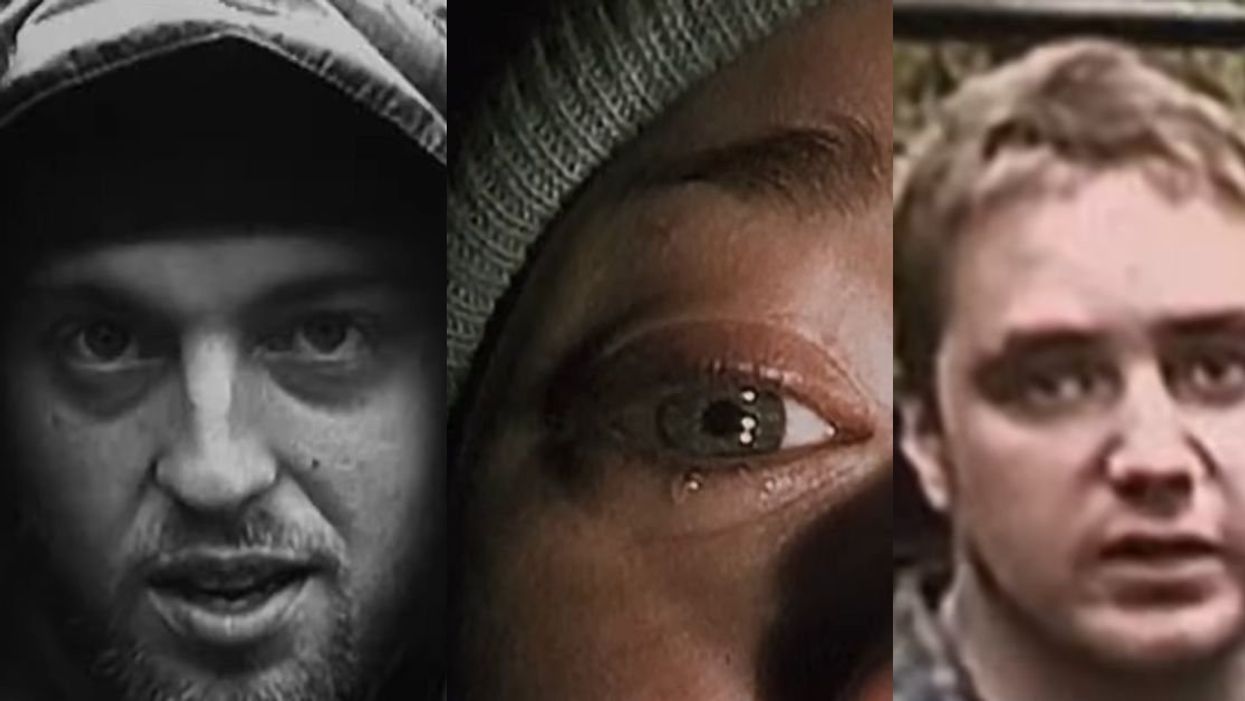



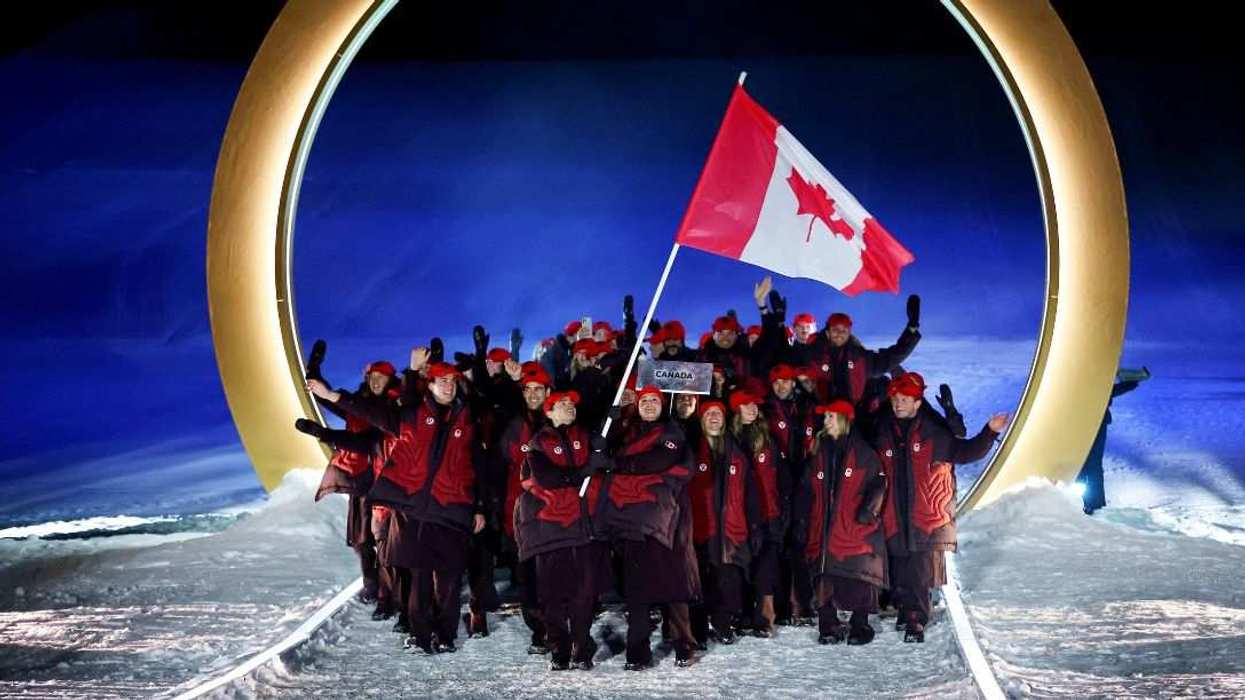

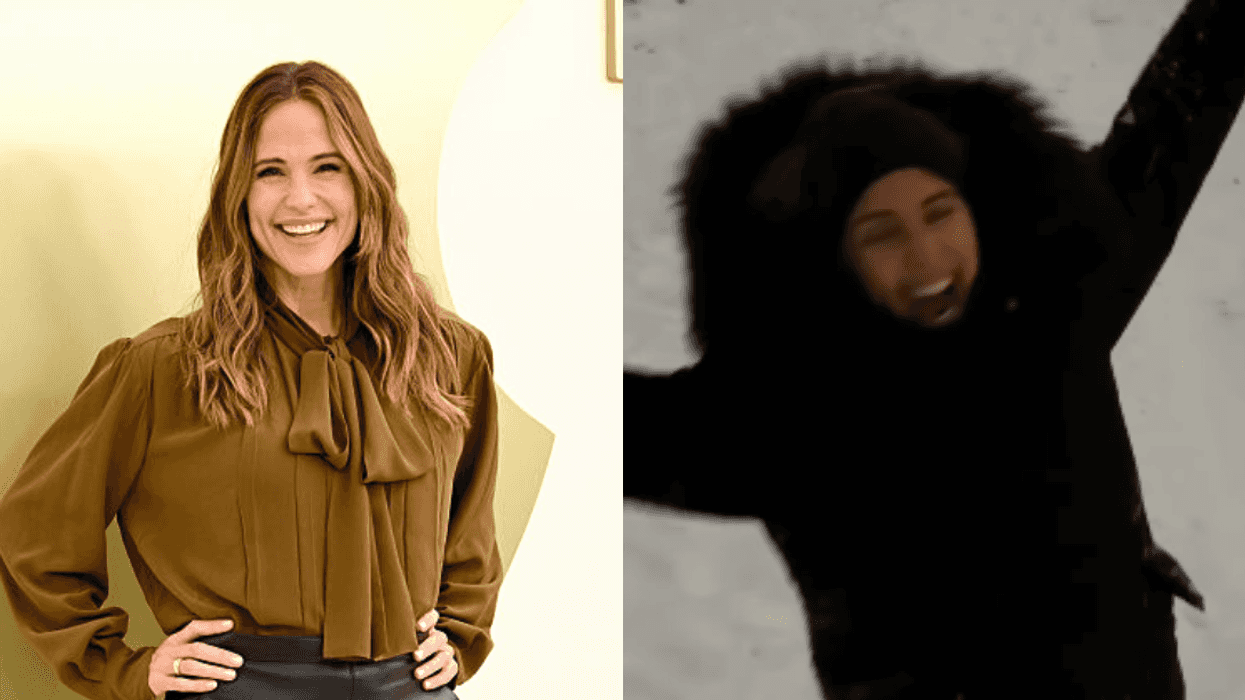
 @jennifer.garner/Instagram
@jennifer.garner/Instagram @jennifer.garner/Instagram
@jennifer.garner/Instagram @jennifer.garner/Instagram
@jennifer.garner/Instagram @jennifer.garner/Instagram
@jennifer.garner/Instagram @jennifer.garner/Instagram
@jennifer.garner/Instagram @jennifer.garner/Instagram
@jennifer.garner/Instagram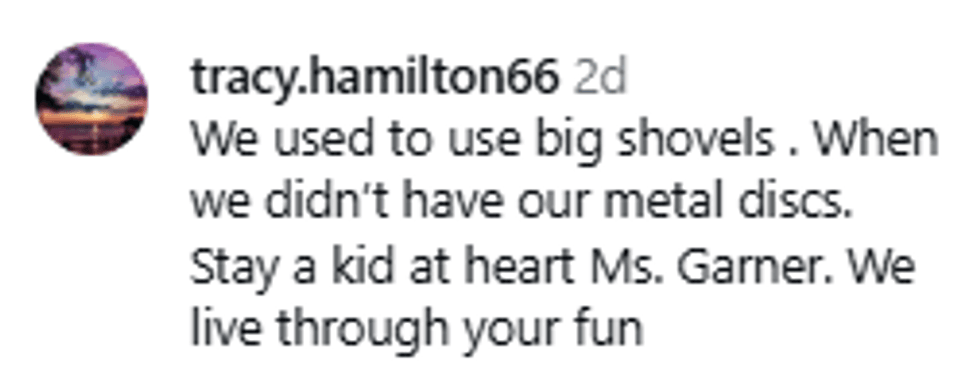 @jennifer.garner/Instagram
@jennifer.garner/Instagram @jennifer.garner/Instagram
@jennifer.garner/Instagram @jennifer.garner/Instagram
@jennifer.garner/Instagram @jennifer.garner/Instagram
@jennifer.garner/Instagram @jennifer.garner/Instagram
@jennifer.garner/Instagram @jennifer.garner/Instagram
@jennifer.garner/Instagram @jennifer.garner/Instagram
@jennifer.garner/Instagram @jennifer.garner/Instagram
@jennifer.garner/Instagram @jennifer.garner/Instagram
@jennifer.garner/Instagram @jennifer.garner/Instagram
@jennifer.garner/Instagram @jennifer.garner/Instagram
@jennifer.garner/Instagram @jennifer.garner/Instagram
@jennifer.garner/Instagram @jennifer.garner/Instagram
@jennifer.garner/Instagram @jennifer.garner/Instagram
@jennifer.garner/Instagram





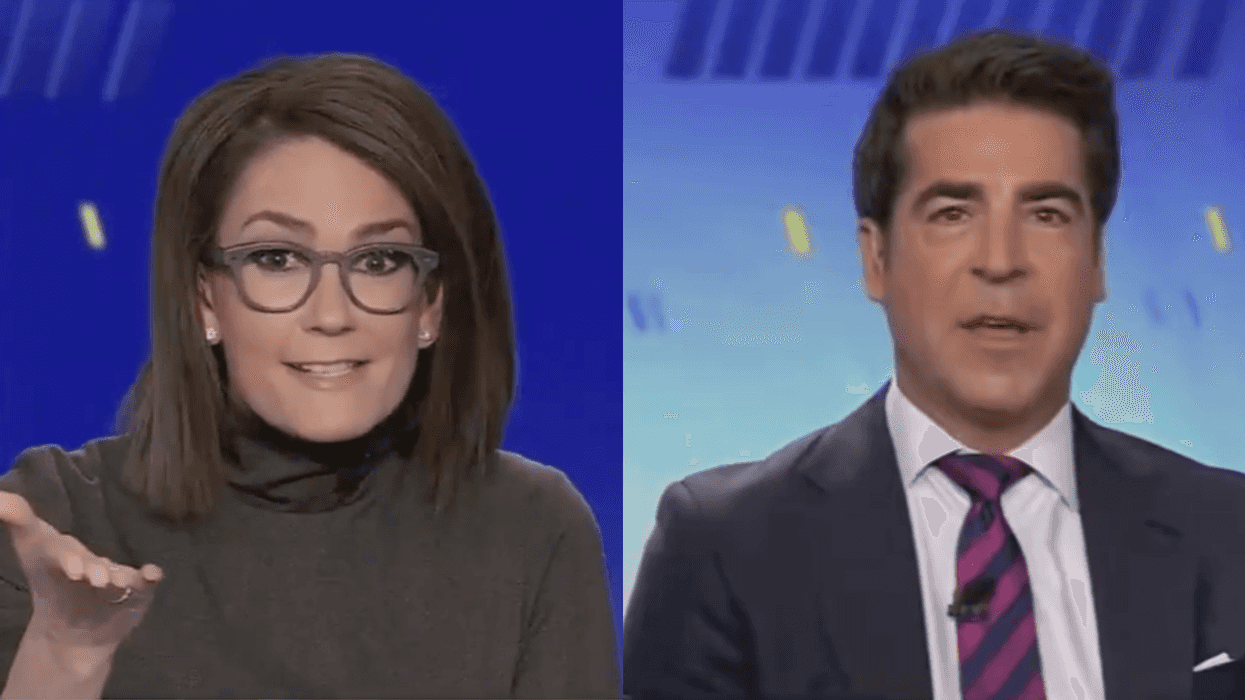

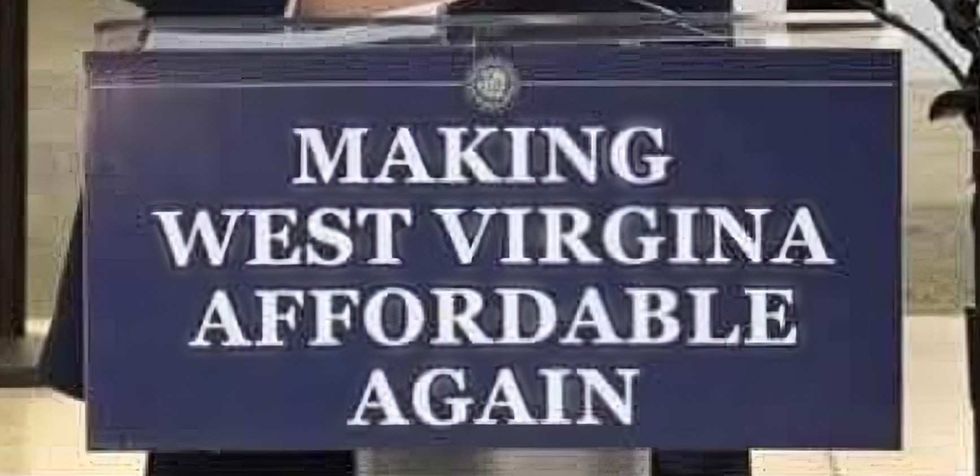 @ameliaknisely/X
@ameliaknisely/X WDTV 5 News/Facebook
WDTV 5 News/Facebook r/WestVirginia/Reddit
r/WestVirginia/Reddit WDTV 5 News/Facebook
WDTV 5 News/Facebook r/WestVirginia/Reddit
r/WestVirginia/Reddit r/WestVirginia/Reddit
r/WestVirginia/Reddit WDTV 5 News/Facebook
WDTV 5 News/Facebook r/WestVirginia/Reddit
r/WestVirginia/Reddit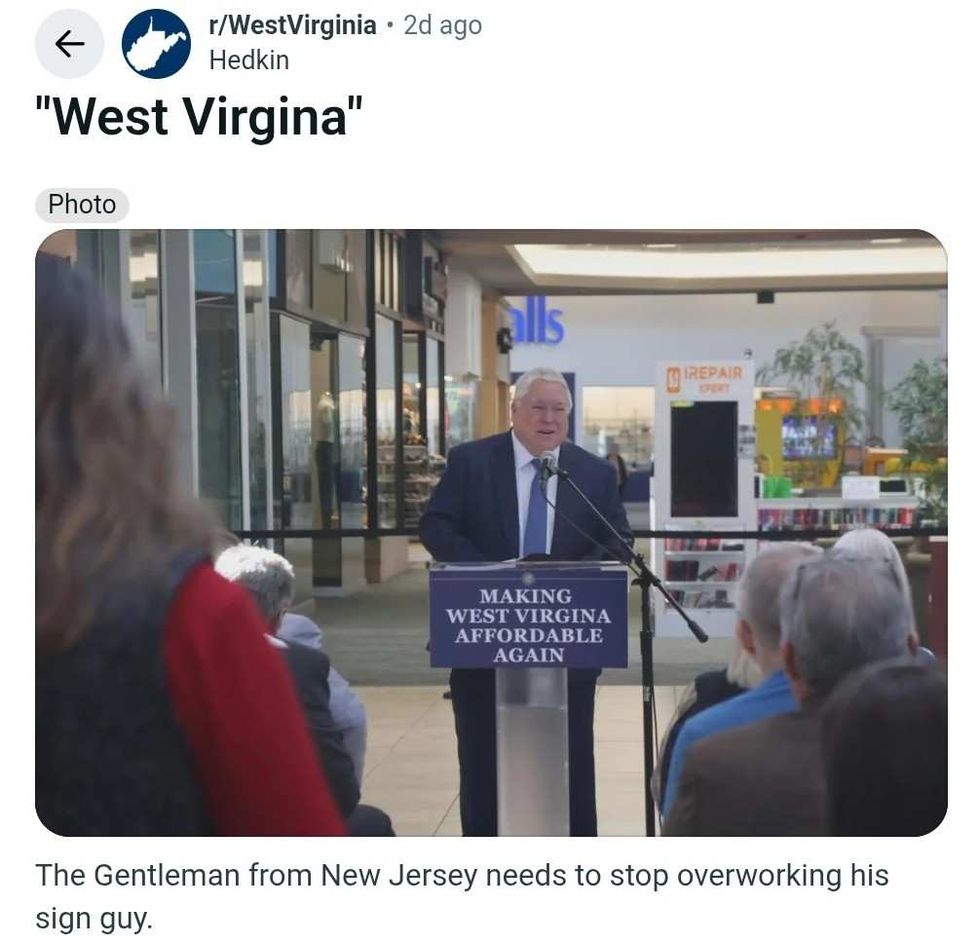 r/WestVirginia/Reddit
r/WestVirginia/Reddit WDTV 5 News/Facebook
WDTV 5 News/Facebook WDTV 5 News/Facebook
WDTV 5 News/Facebook